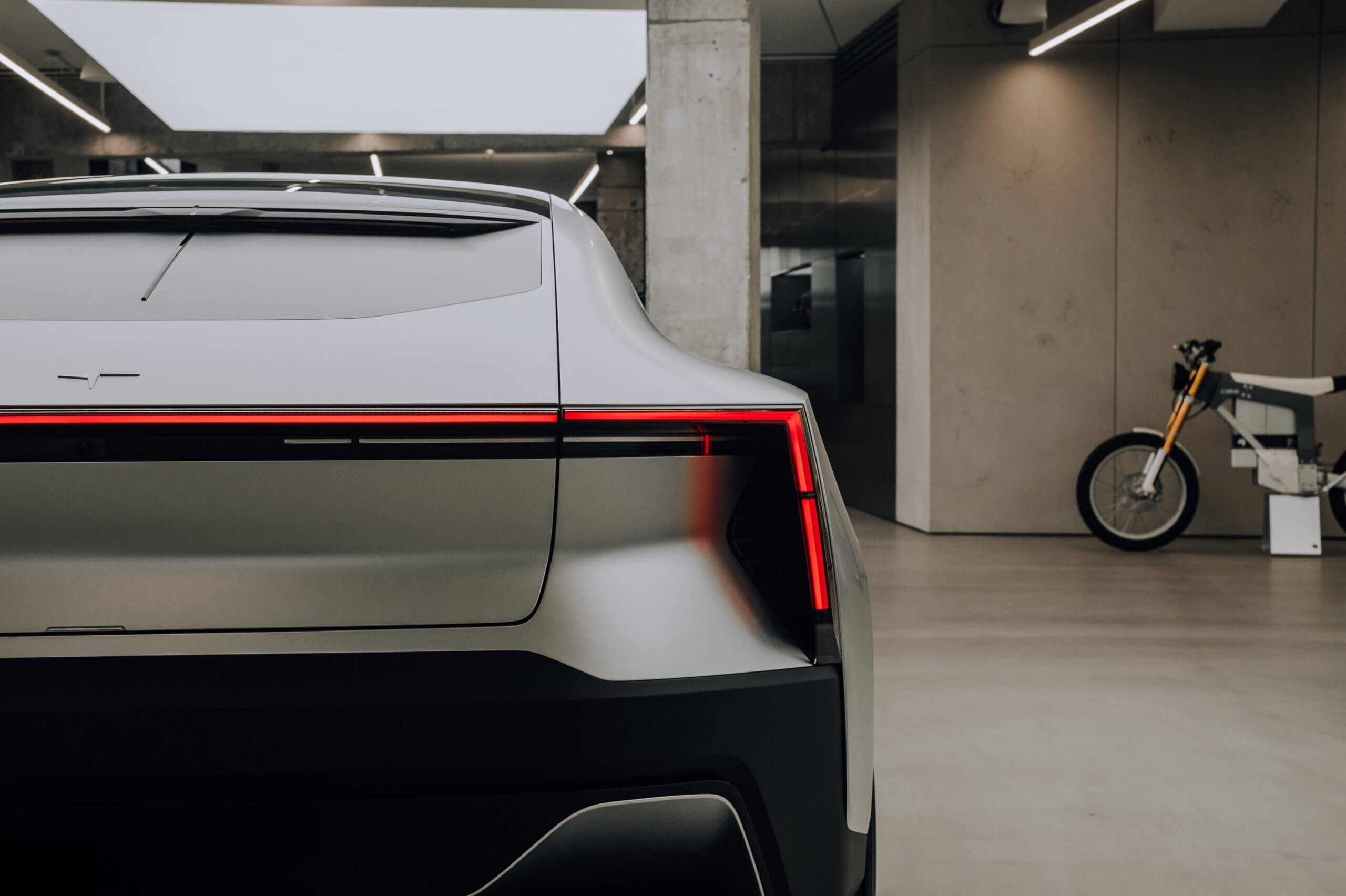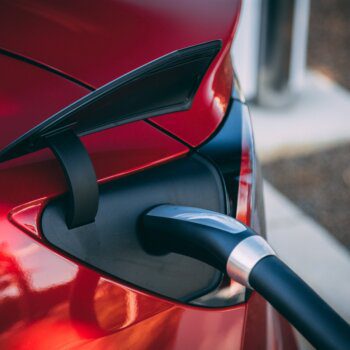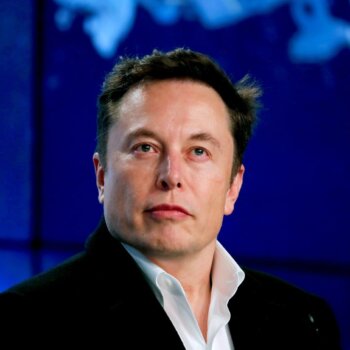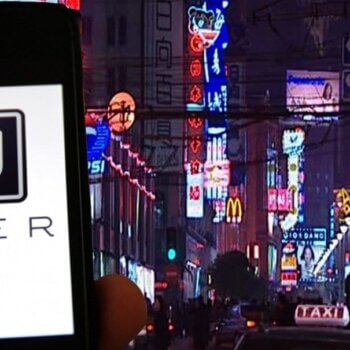Key Takeaways:
- Research published by Germany’s Fraunhofer Institute in the journal Nature has killed expectations about the use of hydrogen to power vehicles and that the window for doing so has long since closed, and makes no sense compared to batteries.
- Most other automotive manufacturers are now abandoning their hydrogen car projects.
- However, the reality today is that battery-powered vehicles already offer ranges of around 400 km and charging times of around 15 minutes, which makes hydrogen an uncompetitive option, especially considering the costs of deploying a complicated charging network for such a small number of vehicles.
- In these competitive conditions, the brands that intend to continue offering hydrogen-based vehicles already seem to do so for a reasoning based on the sunk cost fallacy: they’ve invested so much to get this far, they can’t stop now.
- More than 150 have already been announced by the main manufacturers.
- Transporting very heavy loads in locations far from fast charger stations, aviation, heavy shipping, and rail.
Research published by Germany’s Fraunhofer Institute in the journal Nature has killed expectations about the use of hydrogen to power vehicles and that the window for doing so has long since closed, and makes no sense compared to batteries.
The publication coincides with GM’s decision to stop manufacturing hydrogen fuel cells for cars, and instead focus on rail and air transport, where it remains an option. Most other automotive manufacturers are now abandoning their hydrogen car projects.
The article in Nature says that hydrogen-based electric cars may have made some sense when batteries were only capable of a maximum range of around 150 kilometers and charging times were estimated at several hours, a phase that is now over. At that time, the energy density of compressed hydrogen, coupled with the possibility of filling a tank in an operation that took only a few minutes, seemed a reasonable value proposition. However, the reality today is that battery-powered vehicles already offer ranges of around 400 km and charging times of around 15 minutes, which makes hydrogen an uncompetitive option, especially considering the costs of deploying a complicated charging network for such a small number of vehicles.
There are only about 25,000 hydrogen fuel cell-powered cars in circulation in the world, only two models of two brands (the Toyota Mirai and Hyundai Nexo), which have only a grand total of about 540 hydrogen refueling stations worldwide. In contrast, there are already more than 15 million battery electric vehicles in the world, with most manufacturers now on board and offering more than 350 models, most of which are charged at home, along with a global network of 1.3 million public charging points, a quarter of which are fast-charging. In these competitive conditions, the brands that intend to continue offering hydrogen-based vehicles already seem to do so for a reasoning based on the sunk cost fallacy: they’ve invested so much to get this far, they can’t stop now.
Something quite similar is happening with trucks: although many analysts considered heavy road transport as a good argument for hydrogen, the reality is that the vast majority of the 30,000 electric trucks in use today are battery-based and are mostly in China. More than 150 have already been announced by the main manufacturers. In contrast, those based on hydrogen are merely experimental and production is expected to stop around 2027. The reason is clear: with today’s batteries, obtaining a range of close to 500 kilometers is becoming feasible, and drivers, at least in Europe, are obliged by law to take a 45-minute break for every 4.5 hours behind the wheel.
Providing a charge of that magnitude in 45 minutes would only mean upgrading the fast-charging network to 800kW, which is not too much of a challenge, especially given the new charging standard under development that allows power ratings of more than 2MW. Truck manufacturers are already working on the creation of a charging network with charging stations based on this standard located every 50km on major highways, with a network of locations already proposed.
So what can hydrogen be used for? Transporting very heavy loads in locations far from fast charger stations, aviation, heavy shipping, and rail. Beyond transportation, hydrogen is also one of the best options for energy storage and industrial uses. Very interesting, no doubt, and with a great future, when applied to the hydrogen extracted from renewable sources (the so called green hydrogen) instead of being mostly, as is currently the case, a by-product of oil refining.
So let’s leave behind hydrogen cars, a technology that was once pushed by the oil industry as a way of trying to commercialize what they saw as a by-product. It’s not going to happen.





























